Depression can affect anyone, anywhere, at any time. The symptoms for clinical depression can come unexpectedly. The problem with depression is that it’s an illness that take over physically at first. Although after a while drowsiness may begin to affect motor skills, it’s hard to pinpoint the exact symptoms. This is especially hard for people who already have it but can’t tell that they do.
The best thing anyone can do for themselves at early stages of depression is to recognize their own symptoms.
Early Symptoms
When one is on their way to being clinically depressed, most enjoyments in their life will begin to fade more and more. Certain activities they enjoyed before may not hold their interest now. These can be the most simplest of things like reading, exercising, or even just socializing with friends. Other symptoms can include the following:
- Constant drowsiness; not enough sleep (full eight hours or too much, ten hours)
- Unable to make easy decisions
- Can no longer concentrate
- Hyper; perhaps nervous energy
- Or even not enough energy at all
These early signs are hard to pinpoint because everyone goes through phases like this. At times people get overworked and fall behind on sleep. Once they catch up they feel loads better. For some this is a constant thing of not being able to satisfy their sleepiness. Sleep is the most important element to have control over. The only reason the body and mind can function properly is because of sleep. If anything, sleep is the core element that leads to the other symptoms at time. Without sleep one can get drowsy and the rest of their body follows. Nervous energy can come from not doing anything for a long time and having a sudden urge to get up and try to handle multiple tasks at once.
The Severe Symptoms
However, there are even worse symptoms that can come about with clinical depression. The previous ones weren’t the worse it can get. At this point if the symptoms progress and are not seeming to go away and becoming something else, there is a problem.
The mind and body will begin to take a tremendous hit from all this. If one is having a hard time getting up and taking on the day, their energy goes down along with their appetite. Dramatic weight loss can begin to happen which will in turn deplete one of loads of energy. The other thing that can happen is the stress levels will sky rocket through the roof and one may begin to binge eat. This can follow up with dramatic weight gain. Energy levels will drop because of this as well.
Now body shaming oneself can have its problems. Already the body is feeling loads of dread and other emotional feelings will begin to surface. One may start to feel guilty constantly that they have done something wrong or even that no cares for them. Hopelessness and worthlessness will come about as well. At this point it may be time to reach out to someone. Once these symptoms happen, there may be a point of no return. The feelings will bottle up and the person may do something drastic, for instance suicide. Here’s an article from the New York Times about someone who suffered from depression (http://well.blogs.nytimes.com/2016/02/08/opening-up-about-depression/?_r=0).
It’s hard having depression, but it’s even harder admitting to having it. Some people deal with it in other ways such as acting like they’re okay or even joking about how sad they are most of the time. If the jokes become a constant thing, it may be time to reach out for help.

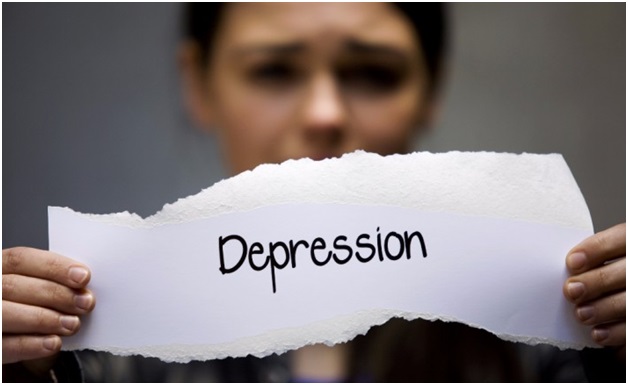
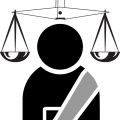

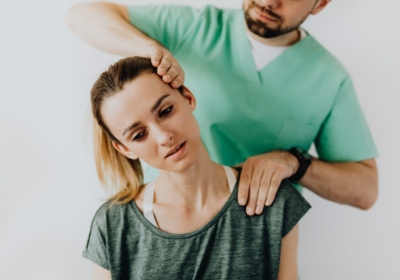
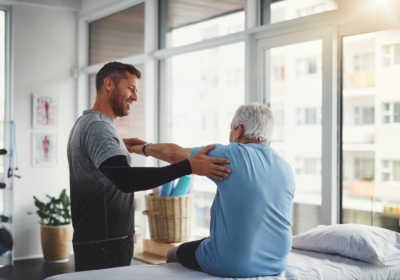
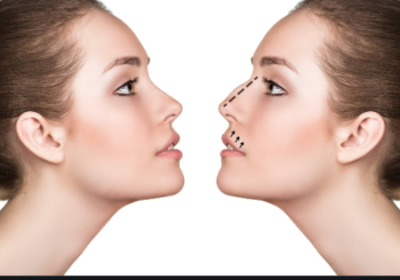
Recent Comments